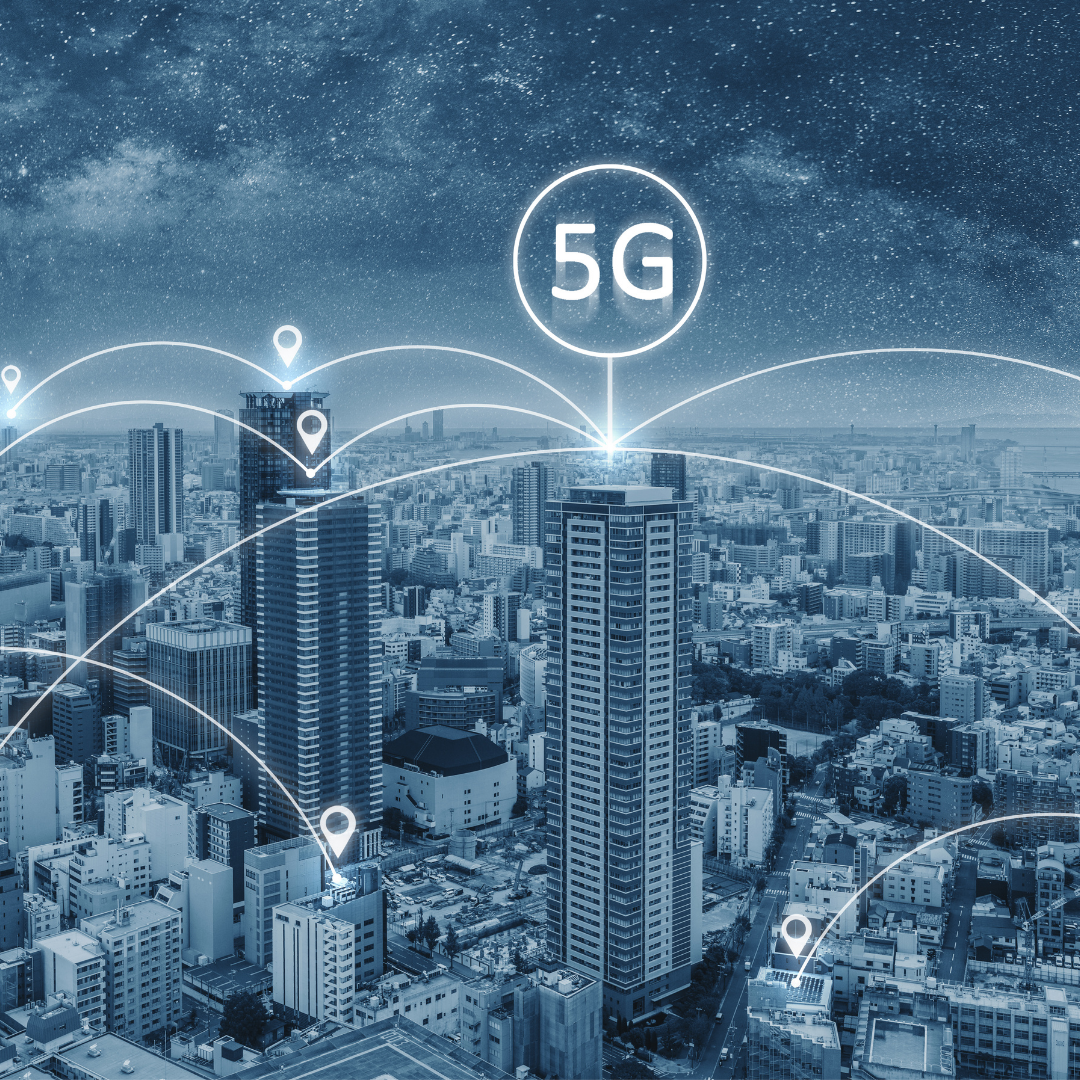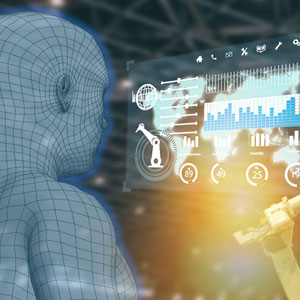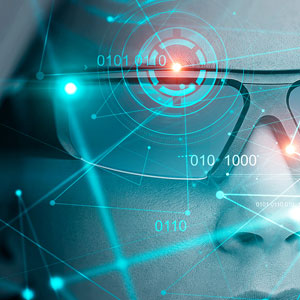The AREA Research Committee conducts an advocacy research program that publishes research reports and case studies. The goal is to continually advance AR technologies to the benefit of the AREA members and the wider AR ecosystem. Each research project follows a protocol:

The 15th AREA Research Project
As enterprises increasingly adopt AR to enhance operational efficiency, training, and customer engagement, the need for precise and reliable user localization has become a critical requirement. Visual Positioning Systems (VPS) offer a sophisticated method for determining device position and orientation in real-world environments, surpassing traditional GPS and beacon-based solutions in accuracy and scalability. This report provides an overview of the comprensive research report.

The 14th AREA Research Project
Traditional AR development often requires deep technical knowledge, costly resources, and lengthy timelines — barriers that have limited adoption to pilots and proofs-of-concept. This report explores how low-code and no-code platforms are reshaping the enterprise AR landscape by enabling faster, more scalable AR development without the need for extensive programming skills. The full report is available exclusively to AREA members.

The 13th AREA Research Project
This research project examines and proposes approaches to addressing the barriers to adopting AR to assist or enhance inspections for quality and compliance. The study underscores the multifaceted nature of these barriers, which range from financial and technical constraints to human and regulatory issues. Addressing these challenges requires a holistic approach, including technological advancements, workforce training, regulatory clarity, and user-centric design. The full report is available exclusively to AREA members.

The 12th AREA Research Project
The executive summary outlines a research project to investigate the deployment of wearable Augmented Reality (AR) in highly secure corporate environments. The study focuses on addressing cybersecurity risks associated with AR adoption in enterprise settings, particularly the need for application-level authentication to ensure secure integration of AR hardware and software. The full report is available exclusively to AREA members.

The 11th AREA Research Project
This report reviews the state of the art of XR in the context of training and adoption within the industry. In includes details of the AR trials used to deliver highly dexterous work instruction, including methodologies and results. The full report is available exclusively to AREA members.

The 10th AREA Research Project
The 3D Mapping Solutions report recommends steps to aid in the accurate and successful capture of objects and environments in the enterprise. A supporting sample project demonstrates a real-world example that leverages 3D scan data for one AR-assisted use case. The executive summary provides an overview of 3D mapping technologies and principles and defines parameters to consider when choosing a 3D scanner. The full report is available exclusively to AREA members.

The 9th AREA Research Project
This research project and deliverables are designed to answer the following key question: If, how, under which conditions, and when will 5G communications enable the necessary innovation for the widespread adoption of enterprise AR? Available exclusively to AREA members, the full report includes the following contents:
Status of 5G Adoption | Future of 5G-Enabled AR for Enterprise | Status of 5G Testing in Enterprises
Executive Summary: includes 5G and AR Research Introduction and The Role of 5G for AR Enterprise Solutions

The 8th AREA Research Project
Find AR is a searchable database of 5,272 articles pulled from ACM and IEEE databases since 2017. The articles have been categorized into 61 main topic areas. Anyone can search through this database and access relevant URL links to research, abstracts, and graphical information about Augmented Reality enterprise technologies.

The 7th AREA Research Project
An ideal scenario for 3D asset ingestion into AR is to do so without conversion at all. Unfortunately, this is not possible with today’s AR devices as they are not equipped to display 3D asset types that are commonly used. In this research, six toolchains were analyzed for their ability to facilitate this conversion process on nine 3D assets representing a range of use cases. The results were evaluated on four display devices commonly found in enterprise AR projects.
The full report is available to members! It includes a White Paper and Glossary.

The 6th AREA Research Project
This research project is designed to inform and empower AR technologists as they explore Web AR as a resource in their AR portfolio. It was written to help our members converse with enterprise stakeholders and Web AR solution providers without confusion or ambiguity. With this knowledge, AREA members can choose if, when, and how to take full advantage of emerging Web AR technology. Available exclusively to AREA members, the full report includes the following contents:
Current & Future Adoption | Prototype | Technical Report | White Paper

The 5th AREA Research Project
New, highly-sophisticated and low cost tools are beginning to make it possible to mine the data gathered by sensors embedded in IoT devices and exchanged with services. Data acquisition and analysis is making information that is useful to people performing tasks in the physical world more easily available. The convergence of the IoT, AI and AR promises to provide unprecedented levels of support to workers. This report looks at our current status and when the convergence will be sufficiently far along to be useful. The full report is now available to the public. It includes the following assets:

The 4th AREA Research Project
While many companies which make products in controlled environments have conducted proof of concepts and pilots and have demonstrated clear benefits of AR to address challenges in manufacturing, there remain relatively few implementations outside of highly controlled laboratories. This project was commissioned to crystallize the most important factors that have delayed deployments in live factory/build settings and to recommend steps that can be taken by different stakeholders in a company to reduce the impacts of those barriers. Available exclusively to AREA members, the full report includes the following contents:
Report | Framework | Interactive Tool

The 3rd AREA Research Project
One of the barriers to widespread adoption of AR is the limited understanding of the actual and potential safety risks the technologies present for users and assets within any workplace or industrial environment. There is currently no consistent approach or methodology to assess or certify how safe a wearable AR system/platform is (or could be) for a user in an industrial environment. And there are no formal regulations or standards for AR safety globally, regionally, or by industry.
This report reviews the general risk management cycle as a preface to describing a new “Safe AR Design” best practice methodology for enterprise AR. The National Safety Council has made the Risk Assessment tool available online.
Executive Summary | Free Online Risk Assessment Tool (National Safety Council website)

The 2nd AREA Research Project
Significant market forces have made it challenging for organizations to conduct return on investment (ROI) analyses on emerging technologies, such as Augmented Reality. These forces include: the digital transformation of enterprise IT; the increasing use of software-as-a-service (SaaS) business models; and the use of agile development practices. These and other factors have necessitated an adaptation in the fundamentals of performing ROI analyses.
In addition to a Best Practice Report and Case Study, our researchers built an online ROI Calculator to provide an informed way to estimate the value of ROI projects.

The 1st AREA Research Project
AR security is an important issue for both enterprises and providers of AR technology. The investigative team at Brainwaive LLC conducted comprehensive research, led multiple industry stakeholder interviews, and conducted hands-on evaluation of several market-leading headsets to develop and validate a comprehensive approach for assessing data vulnerabilities and formulating risk mitigation plans.
Results of that work are provided in “Wearable Enterprise AR – Risks and Management.” The companion report “Wearable Enterprise AR – Security Framework and Test Protocol,” builds on the first report, and draws on decades of experience by Brainwaive team members in developing global cyber security standards to generate a new AR Security Framework for the AREA.